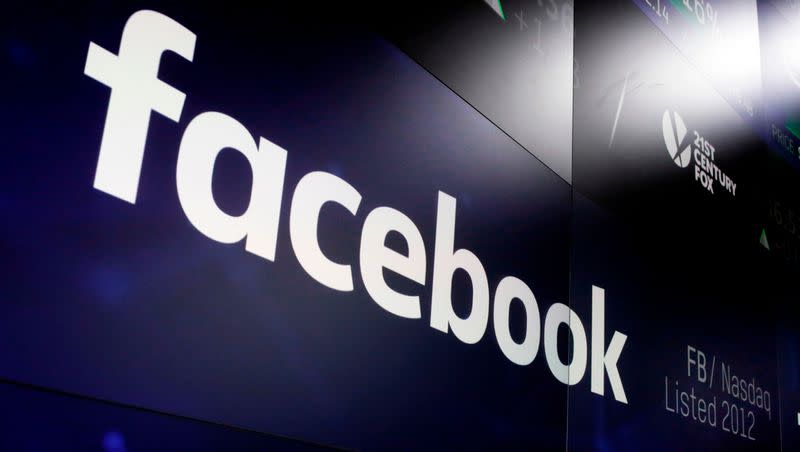Why faith groups have a mixed relationship with Facebook

This article was first published in the State of Faith newsletter. Sign up to receive the newsletter in your inbox each Monday night.
Over the weekend, Facebook turned 20, which prompted me to think about the site’s outsized role in my life.
Since I joined Facebook in 2007 as a senior in high school, I’ve spent hours on it each week, connecting with friends, sharing goofy (or cringey) statuses and finding nearby events.
At times, like when I was briefly addicted to the Facebook-based game FarmVille during my sophomore year of college, I’ve wanted to quit the site or at least take a hiatus.
But there was always a reason to stay, whether because I needed to use it to promote the organizations I was part of or because I couldn’t stand to lose access to its “Memories” feature, which allows users to see what they were up to on the same day in past years.
Today, I fully accept that I’ll go down with the ship if the Facebook ship ever really sinks. Too much of my life is tied up in the site for me to voluntarily leave.
Still, my appreciation for Facebook is mixed with a healthy amount of suspicion and even disgust. In that way, I resemble many of the faith leaders I’ve written about over the years.
Like me, they’ve found ways to use the good parts of Facebook for their benefit and for the benefit of their religious communities. Also like me, they’ve grown concerned about the way the site shepherds personal data and deals with fearmongers and conspiracy theorists.
After a whistleblower came forward in 2021 and accused Facebook of putting profits over safety concerns, some religious organizations cut ties with the site, as I previously reported for the Deseret News. But many others felt like they needed to keep using it, in part because they were using Facebook to livestream worship services during the pandemic.
I guess the best path forward for me and others is to never forget that Facebook is a business. Its services, like the prayer tool it rolled out a few years ago, are designed to make money, not just to please users, as I noted in that 2021 article.
Over its next 10, 20 or 50 years, I hope Facebook will find a way to protect its good parts while improving its bad ones. In the meantime, I’ll keep using the site to connect with others, including religious people and groups.
Fresh off the press
An NFL coach leaned on faith to overcome addiction and infidelity — then wrote a book about it
An attack on a satanic statue in Iowa has led to a hate crime charge
Oregon lawmaker sparks backlash with comments comparing Christian leaders to Muslims and atheists
The religious roots of Auntie Anne’s pretzels
Term of the week: Relic
Relics are items associated with a notable person or time period. In the Catholic Church, they’re a key part of the celebration (and veneration) of saints.
Catholic relics can be pieces of items that a church member who became a saint owned, like a shirt, or fragments of their body, according to The Associated Press. Relics are often put on display at Catholic sites linked to the saints in some way.
The Associated Press briefly discussed relics in its recent explainer on St. Brigid, a beloved Catholic saint in Ireland.
What I’m reading ...
What traits matter most when it comes to fitting the mold of national identity? Answers vary by country, according to Pew Research Center, but overall, being able to speak the country’s main language and being born in the country are more common answers than practicing the country’s most dominant faith.
You’ve probably heard of goat yoga. But what about pig cafés? The unusual venues are all the rage in Japan, according to The Associated Press. And yes, they are exactly what it sounds like they are: cafés where you can hang out with pigs.
Odds and ends
The story of Chipotle’s partnership with the running app Strava, as told by DC Rainmaker, is one of the more entertaining things I’ve read so far this year.
I have a Valentine’s Day-related idea for next week’s newsletter intro. Please prepare your hearts and minds by reading YouGov’s latest report about how Americans plan to celebrate the holiday.

